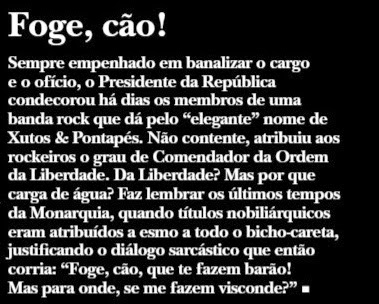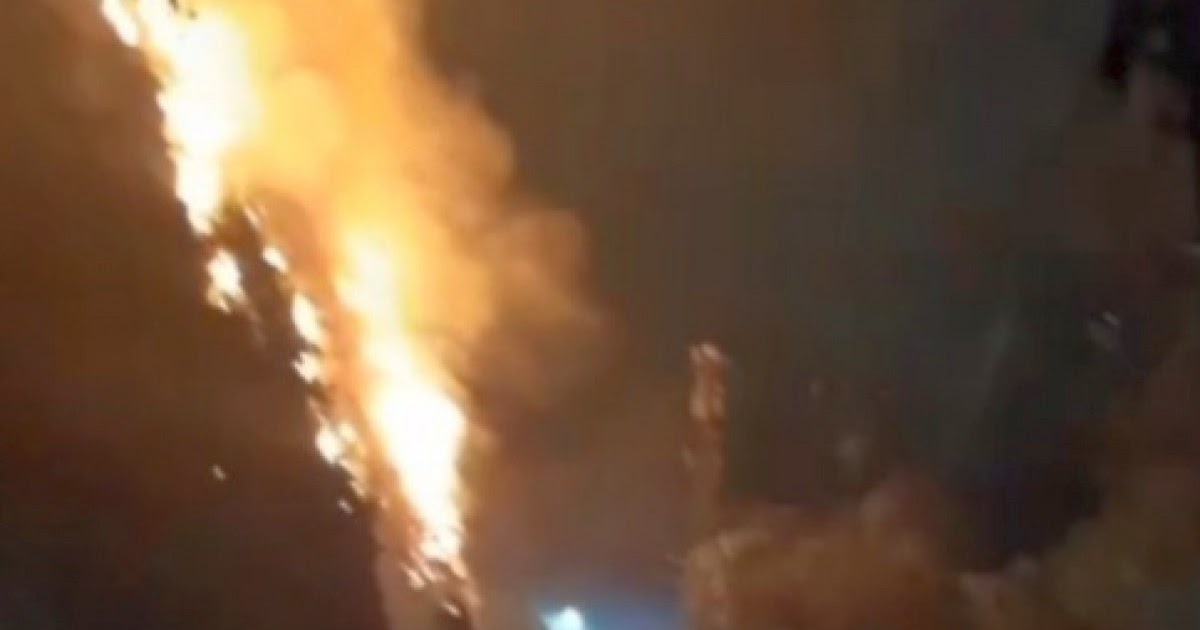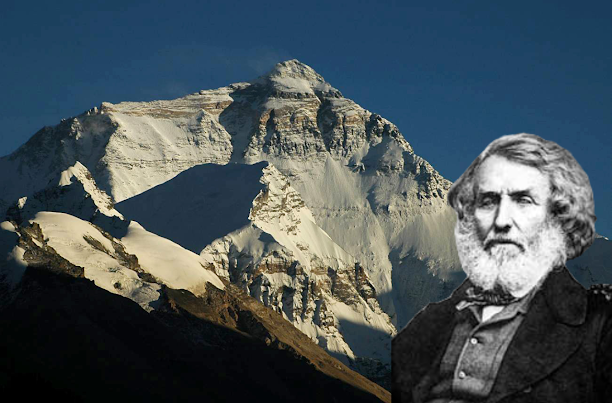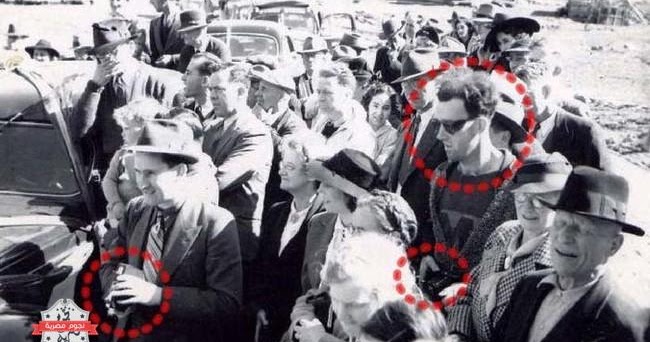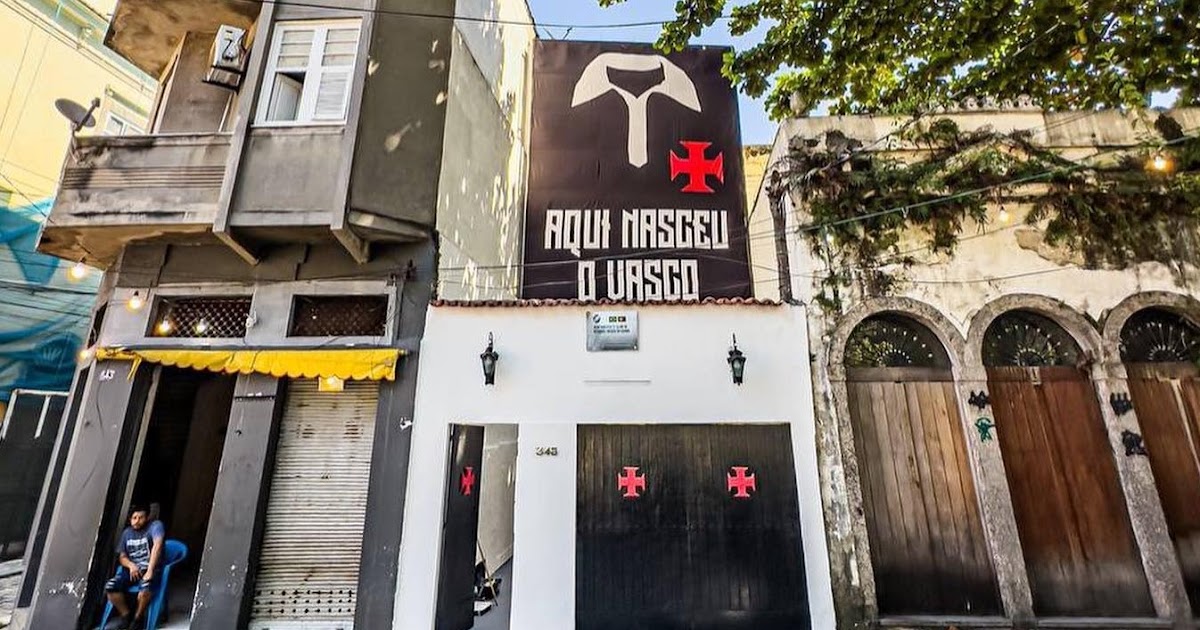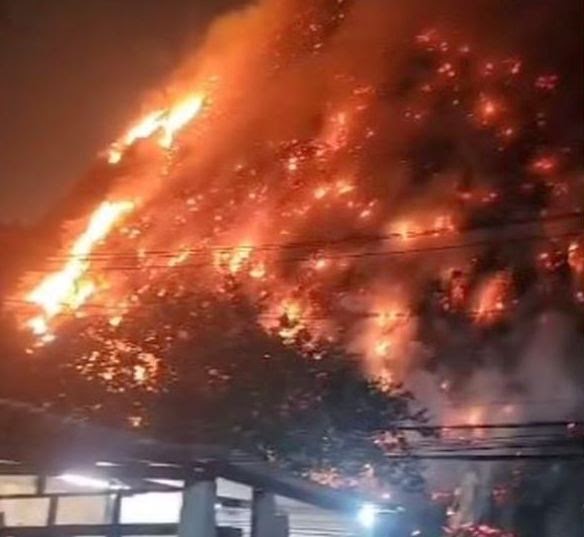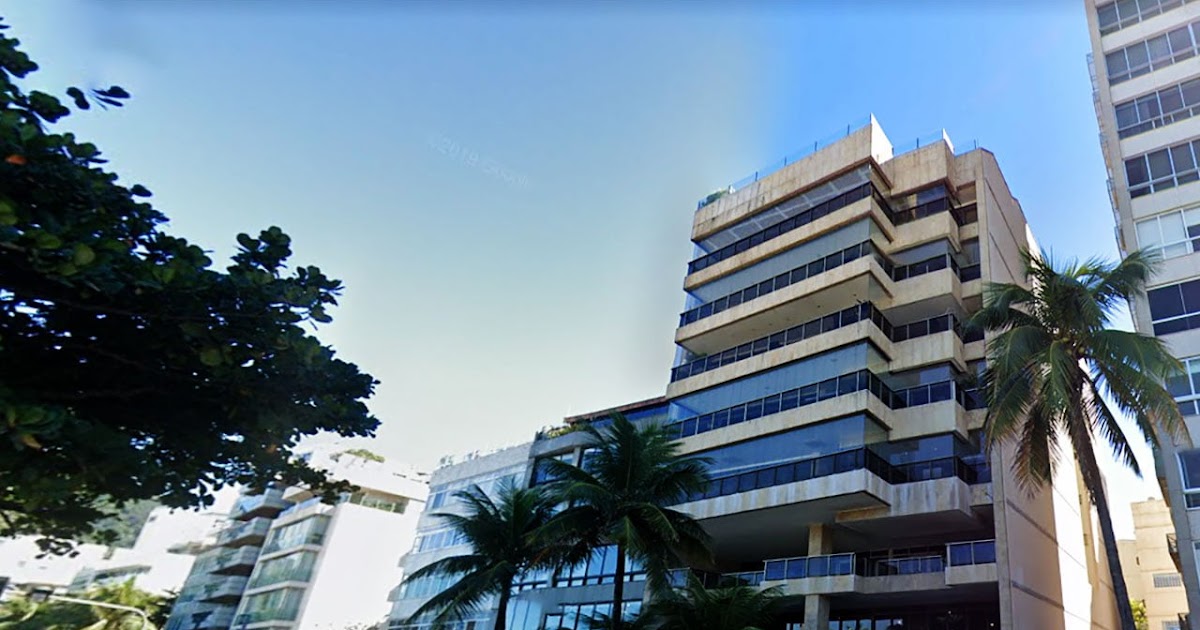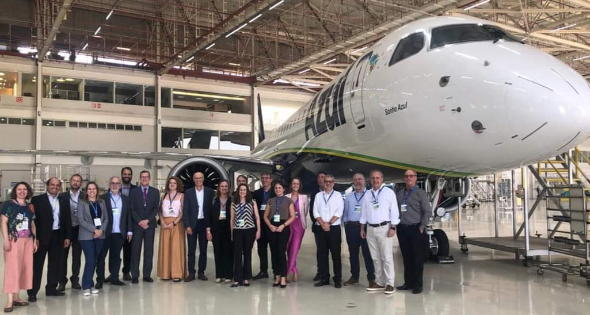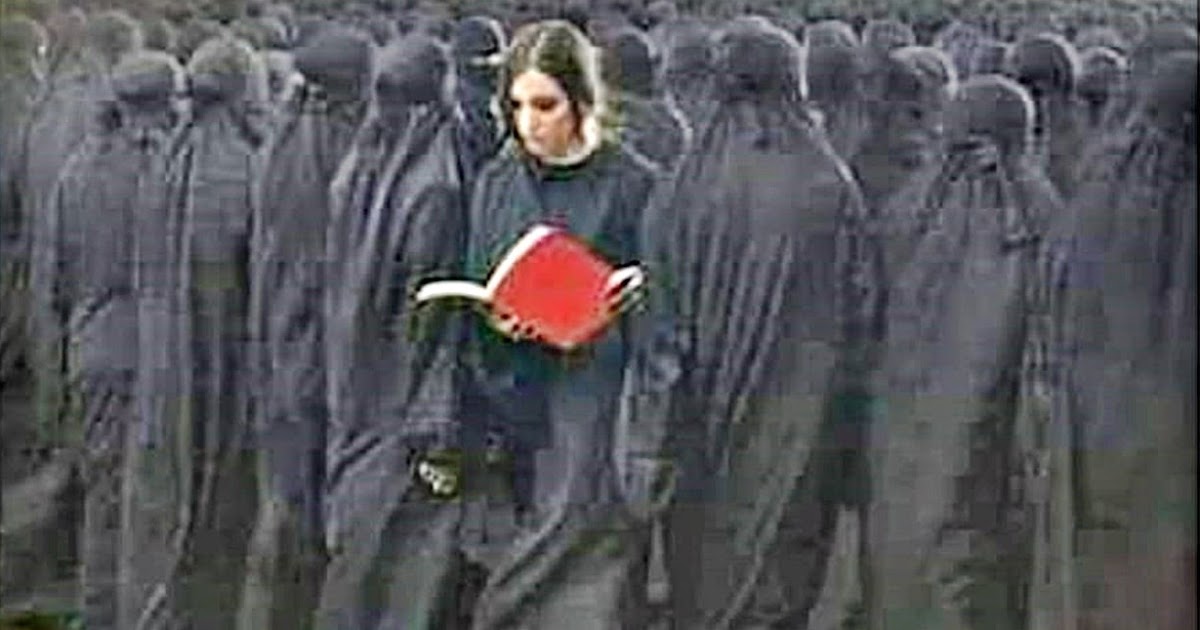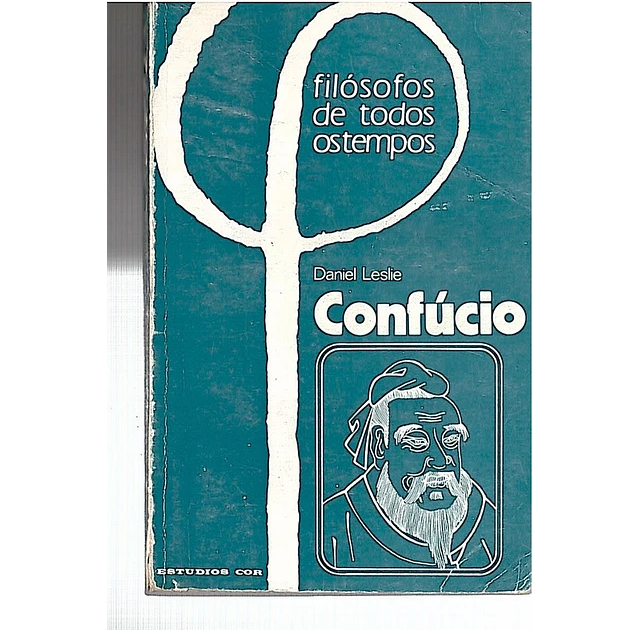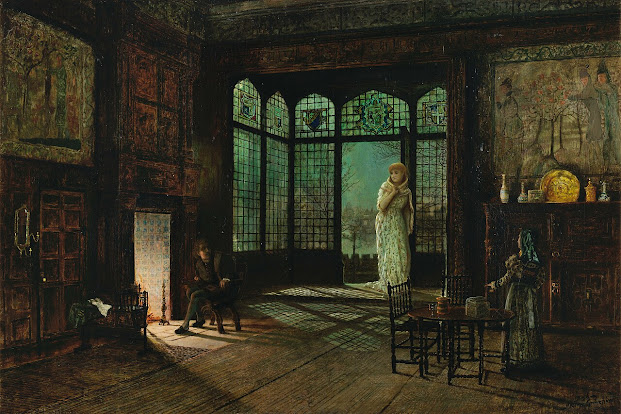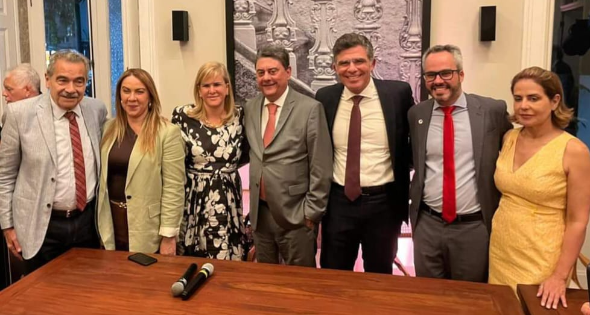Conhecimento
NA CHINA, RELIGIÃO É PROIBIDA
New Rules Regarding Foreign Religious Activities in China
11/25/2020BITTER WINTER A+ | A-
Detailed Rules for the Implementation of the Provisions on the Administration of Foreign Religious Activities in the People’s Republic of China (Revised Draft)
Ministry of Justice of the People's Republic of China
Release time: 2020-11-18 10:00
Source: State Administration of Religious Affairs
Table of Contents
Chapter I General Provisions
Chapter II Collective Religious Activities
Chapter III Religious Communication
Chapter IV Legal Liability
Chapter V Supplementary Provisions
Chapter I General Provisions
Article 1 These implementation rules are formulated in accordance with the “Regulations on the Administration of the Religious Activities of Foreigners in the People’s Republic of China.”
Article 2 The term “foreigners” mentioned in these rules refers to persons who do not have Chinese nationality in accordance with the provisions of the Nationality Law of the People’s Republic of China.
Article 3 The “religious activities of foreigners in China” as used in these implementation rules refers to foreigners’ organization or participation in religious ceremonies in accordance with their religious beliefs, as well as with Chinese religious groups, religious schools, religious activities venues, and religious staff, religious contacts, etc.
Article 4 China respects the freedom of religious belief of foreigners in the territory and protects the religious activities of foreigners in the territory according to the law.
Article 5 Foreigners in the territory conducting religious activities shall abide by China’s laws, regulations and rules, respect the principles of Chinese religion’s independence and self-management, accept the Chinese government’s management in accordance with the law, and must not use religion to harm China’s national interests, social public interests, and citizens’ legitimate rights and interests, and must not violate public order and good customs in China.
Chapter II Collective Religious Activities
Article 6 Foreigners in the territory may participate in religious activities in temples, palaces, mosques, churches (hereinafter referred to as temples and churches), and other religious activities.
Article 7 The collective religious activities of foreigners in the territory shall be conducted in temples and churches, and the temples and churches shall provide special services; if the temples and churches are unable to provide special services, they may be held in temporary locations for foreign collective religious activities, approved by the religious affairs department of the provincial people’s government (hereinafter referred to as temporary location).
The collective religious activities of foreigners in the territory mentioned in these implementing rules refers to religious activities organized by foreigners in the territory and involving a certain number of foreigners, excluding the circumstances stipulated in Article 20 of these implementing rules.
The “certain number” specified in the preceding paragraph shall be determined by the religious affairs department of the provincial people’s government.
Article 8: Foreigners in the territory who apply for organizing collective religious activities in temples, mosques, and churches or for the establishment of temporary venues shall elect three or more conveners.
The convener shall abide by Chinese laws, regulations and rules, have no words or deeds hostile to China, have no bad records, be able to bear corresponding legal responsibilities, and have more than six months remaining in the residence permit in China.
Members of foreign diplomatic missions and consular offices in China and other foreigners with privileges and immunities shall not serve as conveners.
Article 9: Foreigners in the territory who intend to organize collective religious activities in temples, mosques, and churches shall have the convener submit a written application to the religious group in the city (prefecture, state, league) where they are located.
The municipal (prefecture, prefecture, league) religious organization shall, based on the application and the situation of the local temple or church, determine the temple or church to provide special services for the collective religious activities of foreigners in the country, and report to the religious affairs department of the municipal people’s government of the district for the record. The religious affairs department of the people’s government at the district or city level shall inform the religious affairs department of the people’s government at the county level where the temple is located. If temples and churches do not have the conditions to provide special services, the city (prefecture, prefecture, league) shall reply in writing to the convener. The convener may apply for the establishment of a temporary location in accordance with the provisions of these implementing rules.
Article 10 Temples and churches that provide special services for foreigners in the territory’s collective religious activities shall sign an agreement with the convener to specify the time arrangement, activity methods, number of activities, number of activities, safety measures, rights and obligations of both parties, legal responsibilities, etc. The matter shall be reported to the religious affairs department of the municipal people’s government at the district level within ten days from the date of signing the agreement for the record.
Article 11 Foreigners in the territory may organize collective religious activities in temples and churches, and the temples and churches shall arrange for Chinese religious staff to preside over the activities; if it is indeed necessary for foreign religious staff to preside over the religious activities, the temples and churches shall report to the city where they are located, i.e. to the religious affairs department of the people’s government at the highest level for the record.
Article 12 To apply for the establishment of a temporary location, the following conditions shall be met:
(1) The activities to be carried out in the temporary location should abide by Chinese laws, regulations and rules, do not hinder the normal production, study, and life of surrounding units and residents, and accept the management of the local religious affairs department;
(2) Have the right to use the construction facilities to be used as temporary locations;
(3) The construction facilities to be used as temporary locations comply with the legal requirements of planning, construction, fire protection, and construction safety, and are suitable for collective religious activities.
Article 13 To apply for the establishment of a temporary location, the convener shall fill in the application form for a temporary location for collective religious activities of foreigners in the territory, and submit the following materials to the religious affairs department of the provincial people’s government where the temporary location is applied:
(1) A written reply issued by the city (prefecture, state, league) to the religious group stating that the temples and churches do not meet the conditions for providing special services;
(2) The main classics of the religion you believe in, and an explanation of the basic situation of the religion;
(3) The name, nationality, current place of residence, and the validity period of the Chinese visa or residence permit of the domestic foreigner who intends to participate in collective religious activities;
(4) A letter of commitment from the convener;
(5) The original and photocopy of the convener’s passport, Chinese visa, and residence permit;
(6) Description of the time arrangement, activity methods, number of activities, number of activities, safety measures, etc. of collective religious activities;
(7) Effective materials that have the right to use the construction facilities to be used as temporary locations, and materials that comply with the national fire protection and construction safety regulations.
The materials required to be submitted in the preceding paragraph shall be in Chinese, except for the main religious classics mentioned in the second paragraph. Religious affairs departments should protect personal privacy information in materials.
In the letter of undertaking in Item 4 of the first paragraph, the convener shall promise on behalf of the foreigner who intends to participate in the event at the temporary location that the activities at the temporary location shall comply with Chinese laws, regulations and rules, and shall not hinder the normal production and study of surrounding units and resident’s life, accept the management of the local religious affairs department, and make sure that no religious signs should be set outside the temporary site. All conveners should sign the letter of commitment.
The application form for the temporary location for collective religious activities of foreigners in China shall be prepared by the State Administration of Religious Affairs.
Article 14 After receiving the application materials for the establishment of a temporary location, the religious affairs department of the provincial people’s government shall solicit the religious affairs department of the county-level people’s government, the religious affairs department of the municipal people’s government divided into districts, and the provinces, autonomous regions, and the opinion of the religious organization of the municipality directly under the Central Government shall make a decision of approval or disapproval within 20 days from the date of acceptance of the application.
In county-level administrative regions, generally only one temporary location is approved for people who believe in the same religion and can use the same language for collective religious activities.
The temporary location is valid for up to two years. After the expiration of the time limit, if there is still a need to hold a collective religious activity at the temporary location, a new application shall be made 30 days before the expiration date in accordance with the provisions of Article 13 of these implementing rules.
Article 15: At least one convener shall be responsible for the management of collective religious activities at temporary locations.
The convener shall strengthen the safety management of collective religious activities at the temporary location, and the number of participants shall not exceed the number of activities specified in the approval document of the temporary location.
Article 16 Where it is necessary to invite Chinese religious personnel to preside over a collective religious activity at a temporary location, the convener shall propose to the religious group of the city (prefecture, state, or league) where the temporary location is located, and the religious group shall arrange for appropriate religious Faculty chaired.
Article 17 Except for the Chinese religious staff who are arranged or invited to preside over religious activities in accordance with the provisions of these rules, collective religious activities organized by foreigners in the territory shall be restricted to foreigners in the territory.
Article 18 The providers of temples, churches and temporary site construction facilities that provide special services for the collective religious activities of foreigners in the country shall actively learn about the situation of foreigners’ collective religious activities, and shall promptly report to the local religion if any violations of Chinese laws, regulations and rules are discovered. The affairs department or other related departments report.
Article 19 If the convener needs to be changed, it shall report to the religious affairs department of the municipal people’s government at the districted level or the religious affairs department of the provincial people’s government for the record ten days before the proposed change. The convener after the change shall meet the conditions stipulated in Article 8 of these Rules and provide the materials specified in Item 5 of Article 13 of the Rules.
If the time arrangement, activity method, and number of people of the temporary location need to be changed, an application for change shall be submitted to the religious affairs department of the provincial people’s government.
Article 20 With the consent of the local religious organization, foreigners in the territory may invite Chinese religious staff to hold baptisms, weddings, funerals, dojos, ceremonies, and other religious ceremonies for them in accordance with religious customs.
Article 21. Foreigners within the territory may not engage in the following religious-related activities:
(1) Interfering in and dominating the affairs of Chinese religious groups, religious schools, and venues for religious activities, and interfering in the identification and management of religious personnel;
(2) Establish religious groups, establish religious offices, religious activity venues or religious schools;
(3) Promote religious extremism, support and fund religious extremism and illegal religious activities, use religion to undermine China’s national unity, ethnic unity, and carry out terrorist activities;
(4) Illegal preaching among Chinese citizens, converting new believers, or accepting religious donations from Chinese citizens;
(5) Carrying out religious education and training;
(6) Other illegal activities involving religion.
Chapter III Religious Communication
Article 22 Foreigners in the territory may conduct friendly religious exchanges and cultural and academic exchange activities with religious groups, religious schools, and religion-related activities through Chinese national religious organizations or religious organizations of provinces, autonomous regions, and municipalities directly under the Central Government.
Article 23: Foreign religious personnel entering China as religious personnel may lecture or preach in temples and churches upon the invitation of Chinese national religious organizations or religious organizations of provinces, autonomous regions, and municipalities directly under the Central Government.
Article 24: Foreign religious clergy who enter the country in other identities, who are invited by a national religious organization or a religious organization in a province, autonomous region, or municipality directly under the Central Government, intend to lecture or preach in temples, churches, and churches, and they shall meet the following conditions:
(1) Comply with Chinese laws, regulations, and rules, respect the principle of Chinese religion’s independence and self-management, have no words and deeds hostile to China, and have no religious extreme ideological tendencies;
(2) The content to be taught does not violate China’s laws, regulations, and rules, does not interfere with China’s religious affairs, and does not violate China’s public order and good customs.
National religious organizations and religious organizations of provinces, autonomous regions, and municipalities directly under the Central Government shall apply to the State Bureau of Religious Affairs and the religious affairs department of the provincial people’s government respectively, and submit the following materials:
(1) The application form, including the reason for the invitation, the situation of the temple or church where lectures and preaching are to be arranged;
(2) The relevant background, religious status, entry status of the invitee and the main content to be taught;
(3) Materials approved in writing by the temples, temples and churches that plan to arrange lectures and sermons
The State Administration of Religious Affairs and the religious affairs department of the provincial people’s government shall make a decision on approval or disapproval within 20 days of accepting the application.
Article 25 Foreigners who carry out religious cultural or academic exchanges with Chinese religious groups, religious schools, and religious activity sites, and bring religious printed materials, religious audio-visual products, and other religious articles in excess of their own use into the country, shall meet the following conditions:
(1) The religious printed matter, religious audio-visual products, and other religious articles carried do not contain content that endangers China’s national security and social public interests, or violates the principle of Chinese religious independence and self-management;
(2) The receiving unit of religious printed matter, religious audio-visual products, and other religious articles is a Chinese religious organization, religious academy, or religious activity site;
(3) The religious printed matter, religious audio-visual products and other religious articles carried meet the needs of religious cultural academic exchange projects or agreements;
(4) With the consent of a national religious organization or a religious organization of a province, autonomous region, or municipality directly under the Central Government.
The range of the self-use quantity of religious printed matter and religious audio-visual products refers to less than ten volumes (copy) per person per time for publications issued in separate editions, and less than three sets per person per time for publications issued in complete sets. The scope of the self-use quantity of other religious articles refers to less than three basic units of each type.
Article 26 Foreigners who bring religious printed matter, religious audio-visual products, and other religious articles in excess of their own use should apply to the religious affairs department of the provincial people’s government where they are located and submit the following materials:
(1) The application, which includes the introduction of the foreigner and religious cultural academic exchanges, the catalog, samples, quantity and usage description of religious printed matter, religious audio-visual products and other religious articles carried;
(2) Religious cultural academic exchange project or agreement text;
(3) Written materials approved by national religious organizations or religious organizations of provinces, autonomous regions, and municipalities directly under the Central Government.
If the receiving unit is a national religious organization and its established religious institutions, the national religious organization shall submit the application materials to the State Bureau of Religious Affairs.
The State Administration of Religious Affairs and the religious affairs department of the provincial people’s government shall decide on approval or disapproval within 20 days of accepting the application.
Article 27 The recruitment of foreigners in China for the purpose of cultivating religious personnel shall be arranged and selected by Chinese national religious organizations or religious organizations of provinces, autonomous regions, and municipalities directly under the Central Government as needed.
Foreigners are not allowed to recruit students studying abroad for the purpose of training religious personnel in China without authorization.
Foreigners studying in religious institutions in China shall obtain the consent of China’s national religious organizations or religious organizations of provinces, autonomous regions, and municipalities directly under the Central Government.
Article 28: Foreigners who are hired by Chinese religious institutions in accordance with legal procedures may give lectures in religious institutions as foreign professionals.
Article 29 Foreign religious organizations other than Buddhism, Taoism, Islam, Catholicism, and Protestantism and their members shall meet the following conditions when interacting with Chinese government departments or religious organizations, religious schools, religious venues, etc.:
(1) Friendly to China;
(2) Have a legal status or identity in the country (region) where it is located;
(3) No bad records;
(4) Respect the principle of independence and self-management of Chinese religions, and the communication activities to be conducted in China do not violate Chinese laws, regulations, and rules.
The Chinese unit should apply to the State Administration of Religious Affairs and submit the following materials:
(1) The application form, which includes the purpose, items, time, place, and number of contacts;
(2) The basic information of the foreign religious organization and its members and the religion, and the statement that the foreign religious organization and its members meet the conditions listed in the preceding paragraph;
(3) Basic information of the Chinese unit and main participants.
The State Administration of Religious Affairs shall decide of approval or disapproval within 20 days from the date of acceptance of the application.
Chapter IV Legal Liability
Article 30: Public officials who abuse their powers, neglect their duties, or engage in malpractices for personal gains in the management of religious activities of foreigners in the territory shall be given sanctions in accordance with laws and regulations; if a crime is constituted, criminal responsibility shall be investigated in accordance with the law.
Article 31: Foreigners in the territory who commit any of the following acts shall be dealt with by the religious affairs department and other relevant departments in accordance with the law; in violation of the “Law of the People’s Republic of China on Exit and Entry Administration,” “The Law of the People’s Republic of China on Public Security Administration Punishments” and other laws and regulations , Shall be dealt with by the public security organs in accordance with the law; violations of the “Counter Espionage Law of the People’s Republic of China” shall be dealt with by the national security organs in accordance with the law; if a crime is constituted, criminal responsibility shall be investigated according to law:
(1) Violating the provisions of Article 5 of these rules;
(2) Violating the provisions of Article 21 of these rules;
(3) Without the invitation of a national religious organization or a religious organization of a province, autonomous region, or municipality directly under the Central Government, preaching or lecturing in temples and churches without authorization;
(4) Bringing or transporting religious printed matter, religious audio-visual products and other religious articles in excess of the quantity for personal use into China without approval, or the imported religious printed matter, religious audio-visual products and other religious articles are harmful to the Chinese state Security, social public interest, or content that violates the principles of Chinese religious independence and self-management;
(5) Unauthorized recruitment of overseas students in China for the purpose of training religious personnel.
Foreigners in the territory who violate Article 21, Paragraph 2 of these Rules for the establishment of religious activity venues or religious schools shall be dealt with in accordance with Article 69 Paragraph 1 of the Regulations on Religious Affairs; violation of Article 21 According to the fourth paragraph, those accepting religious donations from Chinese citizens shall be dealt with in accordance with the second paragraph of Article 69 of the Regulations on Religious Affairs; those who conduct religious education and training in violation of the provisions of paragraph 5 of Article 21 shall be dealt with in accordance with the first paragraph of Article 70 of the Regulations shall be dealt with.
Article 32: Foreigners in the territory who set up temporary locations to organize collective religious activities without authorization shall be dealt with in accordance with the second paragraph of Article 69 of the Regulations on Religious Affairs.
Article 33. Foreigners in the territory who conduct collective religious activities in temples, churches or temporary locations violate the provisions of these rules or the content of the letter of commitment, the religious affairs department shall order corrections, and if the convener is liable, the convener shall be ordered to be replaced; the circumstances are serious In case, the temples and churches shall be ordered to stop providing special services for foreigners’ collective religious activities or ordered to stop activities at temporary locations.
Article 34: Religious organizations, religious schools, and religious venues in China who violate these rules shall be ordered by the religious affairs department to make corrections. If they refuse to make corrections, they shall be dealt with in accordance with Article 65 of the Regulations on Religious Affairs.
Chinese religious personnel who violate these rules shall be dealt with in accordance with Article 73 of the Regulations on Religious Affairs.
Article 35 Those who provide conditions for illegal religious activities of foreigners in the territory shall be dealt with in accordance with Article 71 of the Regulations on Religious Affairs.
Article 36: Those who are dissatisfied with the specific administrative actions of the religious affairs department may apply for administrative reconsideration according to law; those dissatisfied with the decision of administrative reconsideration may file an administrative lawsuit according to law.
Chapter V Supplementary Provisions
Article 37 Within the administrative area of a municipality directly under the Central Government, the responsibilities of religious organizations in the cities (prefectures, states, and leagues) specified in these implementation rules shall be performed by the religious organizations in the municipalities (counties) directly under the Central Government; The responsibilities of the religious affairs department of the municipal people’s government are performed by the religious affairs department of the people’s government of the municipality (county).
Article 38 If there are no relevant religious organizations in counties (cities, districts, and banners), the corresponding responsibilities stipulated in these rules shall be performed by the religious organizations of the city (prefecture, state, and league).
If there are no relevant religious groups in cities (prefectures, prefectures, leagues) and municipalities (counties) directly under the Central Government, the corresponding responsibilities stipulated in these implementation rules shall be performed by religious groups in provinces, autonomous regions, and municipalities directly under the Central Government.
If there are no relevant religious groups in the provinces, autonomous regions, and municipalities directly under the Central Government, the corresponding responsibilities stipulated in these rules shall be performed by national religious groups.
Article 39. Overseas Chinese living in China, Taiwan residents in the mainland, Hong Kong and Macao residents conducting religious activities in the Mainland shall be dealt with reference to these rules.
Article 40 These implementation rules shall come into force on the day___ of the year ___.
FacebookTwitterWhatsAppPrintCompartilhe
TAGGED WITH: FOREIGN RELIGIOUS GROUPS
Related articles










